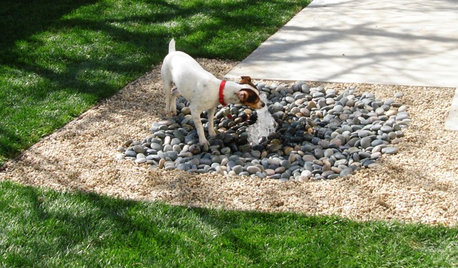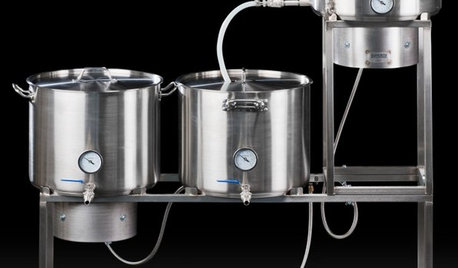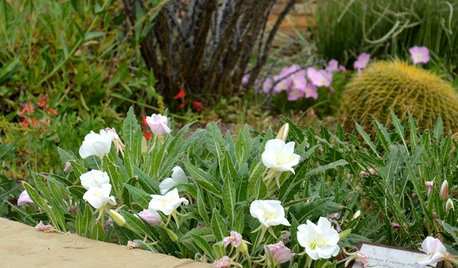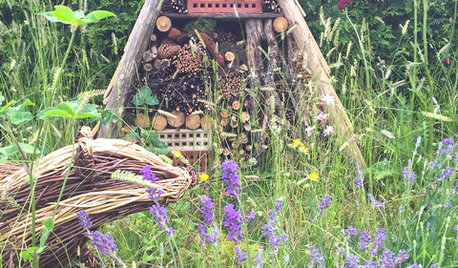Not Even Safe to Garden?
vroomp
13 years ago
Related Stories

GARDENING AND LANDSCAPING11 Ways to Make Your Sleeping Porch Even Better
Turn off that air conditioner and tune in to the delights of slumbering in the nighttime breeze
Full Story
GARDENING GUIDESCreate a Fire-Safe Garden — With Style
Defend your home against wildfire with a well-planned mix of plants, materials and open space
Full Story
PETSHere’s How to Show Your Pet Even More Love
February 20 is Love Your Pet Day. Find all the ideas and inspiration you need to celebrate right here
Full Story
HOME TECHMake Home Sweet Home Even Sweeter With a Brewery Or Winery
New high-tech products make small-scale home beer and wine production easy and fun
Full Story
FLOWERS AND PLANTSTufted Evening Primrose Shines at Night
Oenothera caespitosa waits until the sun is ready to set before unfurling its large white petals that draw visitors and evening pollinators
Full Story
LIFE10 Ways to Keep Your Home Safe While You're Traveling
Set off on your trip with peace of mind, knowing you've taken the right steps toward keeping your home secure
Full Story
GARDENING AND LANDSCAPINGTake a Winter Walk on the Safe Side
Learn how to handle snow, ice and other cold-weather landscape factors to minimize falls and damage
Full Story
GARDENING GUIDESHow to Create a Rustic Garden, Even on a Tiny City Plot
Flea market and salvaged finds can give even the most urban garden the look and feel of a rural retreat
Full Story
LANDSCAPE DESIGNGet a Mediterranean-Style Garden Even Far From the Sea
Some lavender here, a water feature there, and your garden just might feel transported to a balmy seaside locale
Full Story
GARDENING GUIDESGet a Head Start on Planning Your Garden Even if It’s Snowing
Reviewing what you grew last year now will pay off when it’s time to head outside
Full Story






girlgroupgirl
sweetmelon
Related Professionals
Ferndale Landscape Architects & Landscape Designers · Edinburg Landscape Contractors · Fort Payne Landscape Contractors · La Verne Landscape Contractors · Palatine Landscape Contractors · Crowley Landscape Contractors · Alexandria Fence Contractors · Diamond Bar Fence Contractors · Hawaiian Gardens Fence Contractors · Northlake Fence Contractors · Centreville Fence Contractors · Cicero Window Contractors · Cutler Ridge Window Contractors · Seattle Window Contractors · Waupun Window ContractorsUser
vroompOriginal Author